IN MY entrepreneurial journey, I have noticed that crises happen out of the blue. In fact, global crises are more than not, unpredicted. Sadly, the same is true in one’s personal and family life, where everything can turn on a dime.
On December 23, last year, at 2:15 am, our 26-year daughter Zara fell off the terrace outside her first-floor bedroom at our house in Cape Town. It was a freak accident, and it happens, her younger brother and sister were awake and saw her fall.
We all rushed down and she was lifeless. We thought she had died.
I was tempted to pick her up and rush her to the hospital in our car, but our nephew – who is trained in first aid – said to not touch her.
This probably saved her life.
Two ambulances arrived within 15 minutes, and they got no response from her. I went with her in the ambulance.
We rushed her to one hospital, who turned her away saying it was too serious, and then to the Vincent Pallotti, a level one trauma hospital, which took her in.
Scans showed she had broken her neck seriously, with a shattered vertebra, and damaged her spinal cord.
As luck would have it, Dr David Welsh, one of the leading neurosurgeons in Cape Town and in South Africa, happened to be on duty that day. He said he had to perform an emergency operation within 12 hours of the accident and wanted permission to administer a controversial drug. He went ahead and said there was no prediction of the outcome.
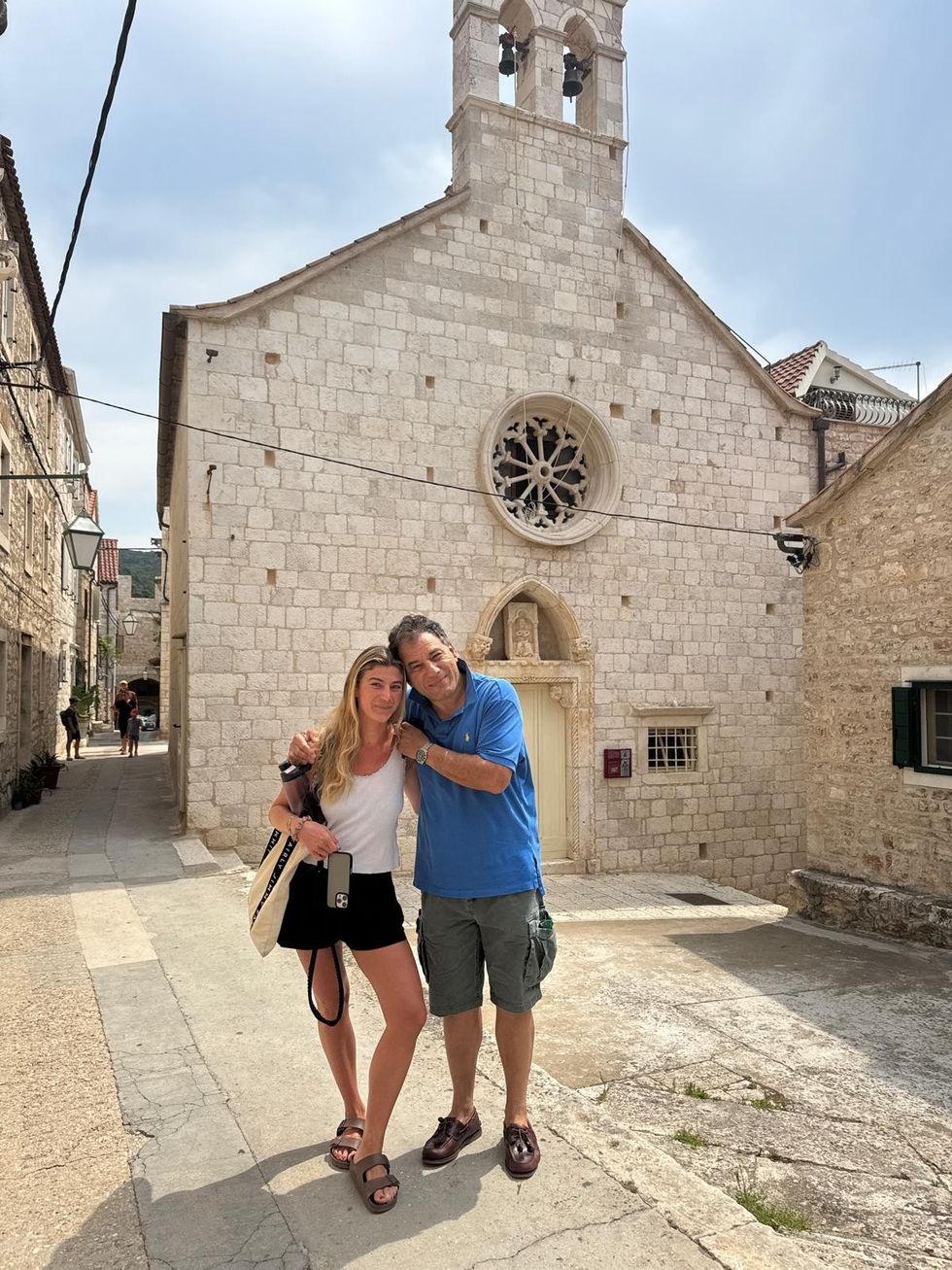
Zara, of course, was emotionally distraught. Naturally, it was a question of “why me?”, when in the past few years she had had two near death experiences, contracting bacterial meningitis, followed a few years later to sepsis in London.
She said in tears, “Daddy, surely this is the third time and the last time”. In the ICU, I said to her, “we will get through this together.” I did not leave Zara’s side from that moment until two months later.
In the ICU, the miracle of the South African physiotherapists and occupational therapists started to take place. They forcibly moved her limbs which were completely paralysed.
She could not use her thumbs, or hold anything, nor could she turn in bed. It was a pathetic sight, we had no idea what the outcome would be.
I would cry in the bathroom, so she would not see me, and I would cry all the way home late at night after she had gone to sleep, returning early in the morning before the staff on duty changed. Zara left the ICU after eight days. We were told that normally after an accident such as hers, patients are in the unit for 40 days.
I checked her into residential rehab near our home, where they told me she would be there for three months. We had to leave her on New Year’s Eve, in tears, as no visitors were allowed after 7 pm.
Nine days later, Zara walked out of the residential rehab unaided and continued the rehab thereafter as an outpatient. Her attitude throughout this was one of determination, resilience and going the extra mile. Every time she was asked to do certain exercises; she would do two or three extra repetitions.
We took her to see the surgeon who performed her operation, three weeks after her accident.
When she walked into his consulting rooms, he said, “You are one of my Christmas miracles”, and told me and my wife that normally patients do not walk again after such an injury. My wife spontaneously burst into tears, and I felt like I had been punched in the chest.
Zara returned home at the end of February and a month later, on April 1, started work initially from home, building up to today — back at work full time.
From the time of the accident, prayers were said for her all over the world. In Parsi fire temples in Hyderabad, my home city, in Delhi, in Udvada by one of the Parsi high priests in India, in Mumbai, in Iran by the Zoroastrian head priest, in Sikh gurdwaras, in Hindu temples, in Christian churches, in the UK and in India.
My mother would quote Alfred Lord Tennyson, “More things are wrought by prayer than this world dreams of”.
Through those early days, no surgeon I consulted in South Africa, in the UK, in India, and in the United States, could give me any hope except one, the famous UK based neurosurgeon Dr Alagappan Sivaraman (known as Siva), who was introduced to me by our family friend in Hyderabad, Dr Rashna Chenoy.
Siva told me within a few days of the accident, when Zara was showing signs of some improvement, “Please have faith, she will be running within three months”. He ended up being right.
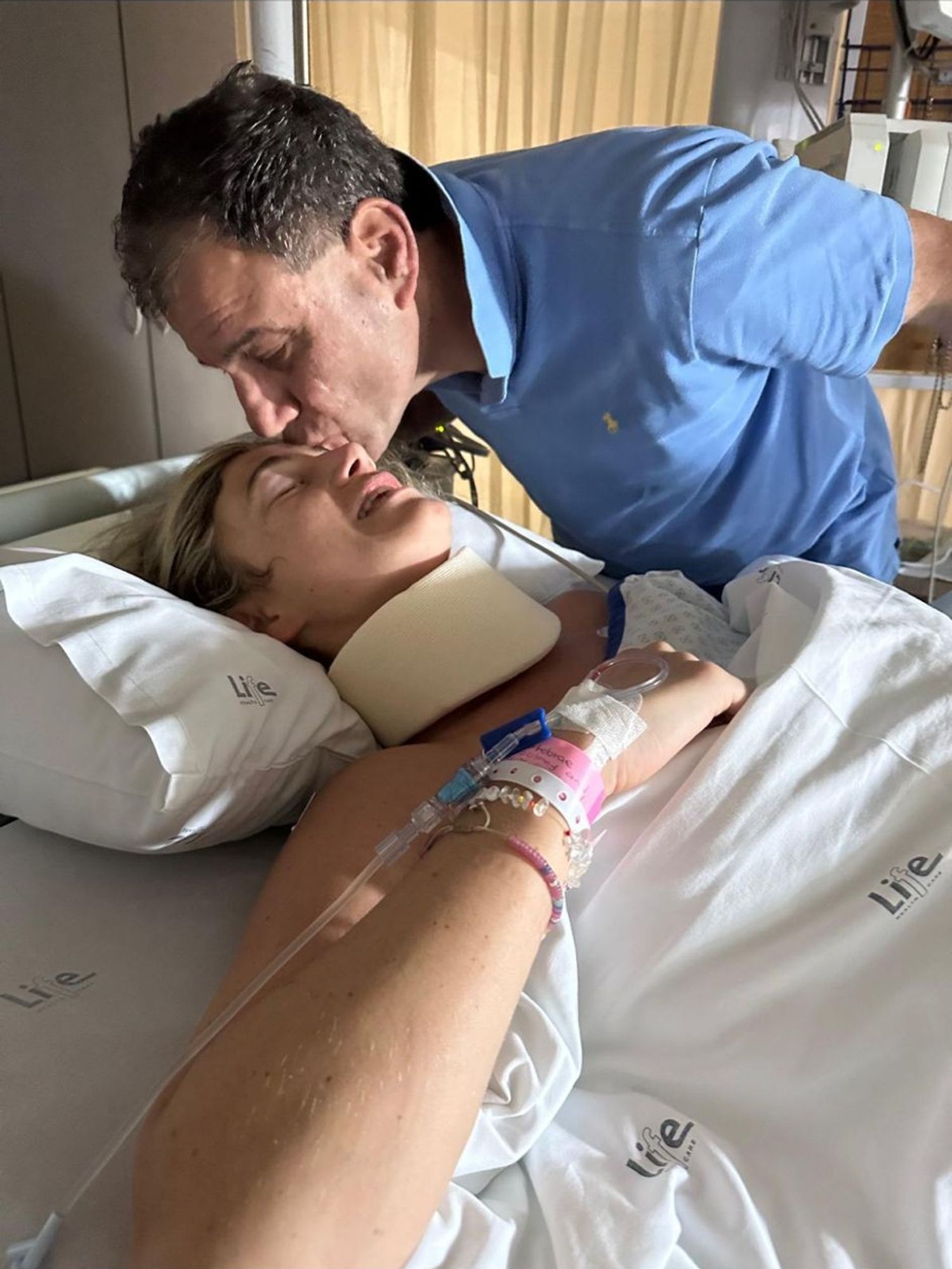
When no one offers hope, and you are staring into the abyss, not knowing whether your daughter might be in a wheelchair for the rest of her life, and one person gives you hope – it means more than I could ever express.
Our family has been through a living nightmare, and to hell and back.
However, the stars aligning, the serendipity, the luck, the good fortune, starting with Zara falling and her head missing the stone corner of the veranda by literally an inch, to our nephew stopping me from picking her up which could have severed her spinal cord completely, to Dr Welsh being on duty that morning, performing the emergency operation in time and decompressing her spinal cord, it has all been remarkable, it has truly been a miracle. God is great.
Zara’s attitude and spirit throughout, and her determination, is an inspiration to us all.
What these past nine months have highlighted more than ever, is that your family is the most important thing by far; everything else comes second, by a long way. Looking at Zara now, it is as if nothing had ever happened.
I thank god every day.
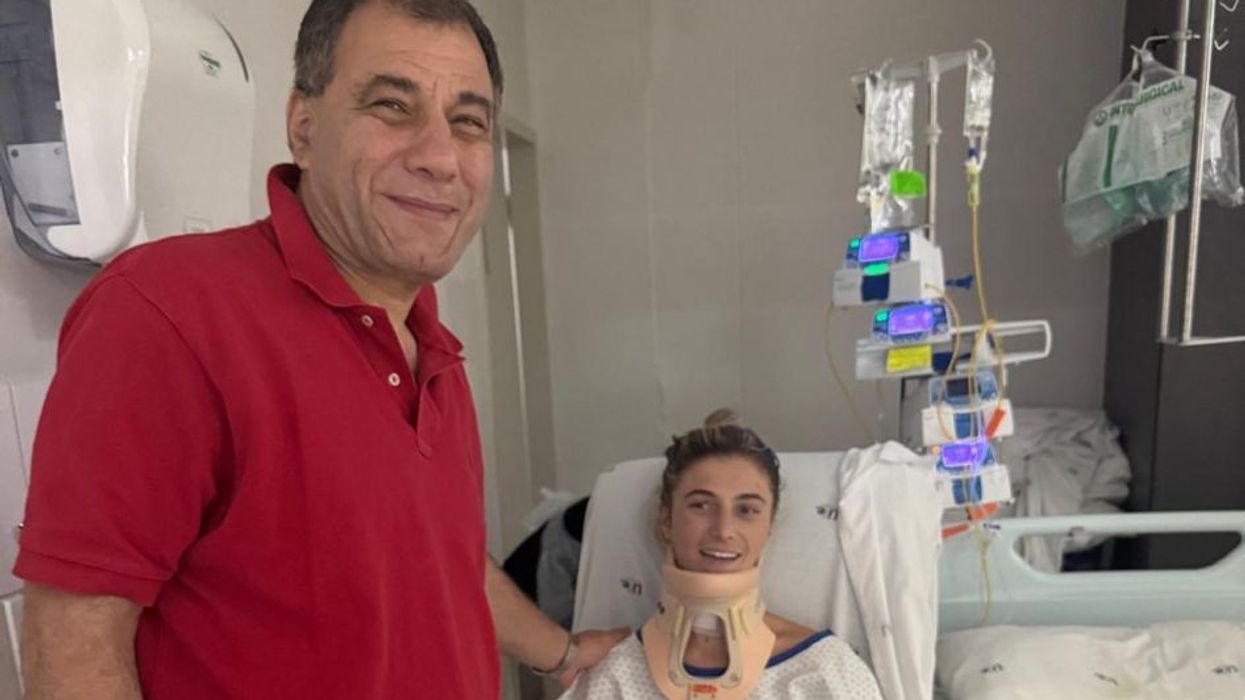
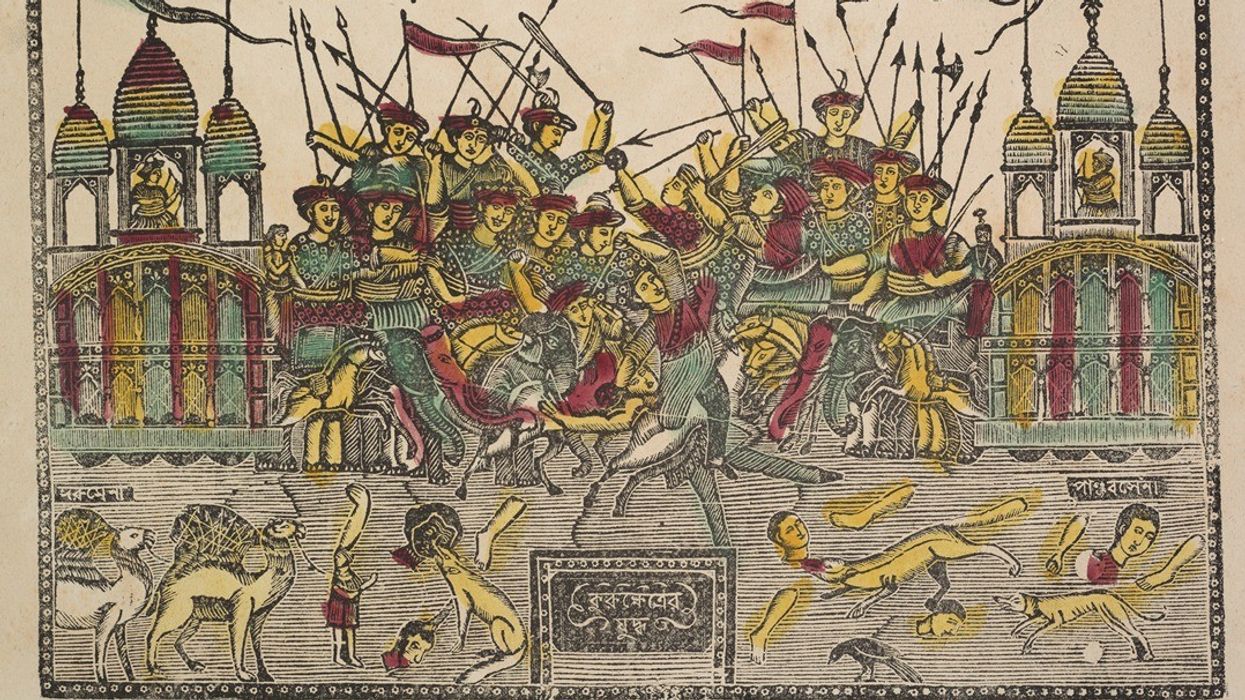

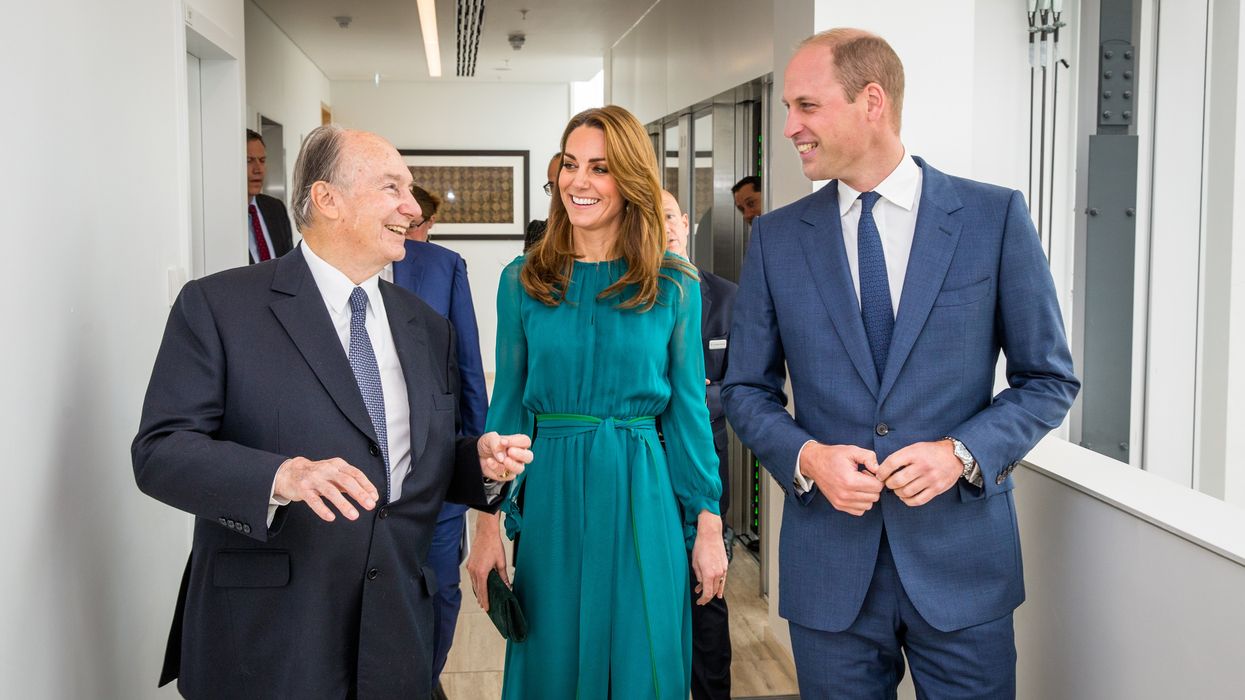
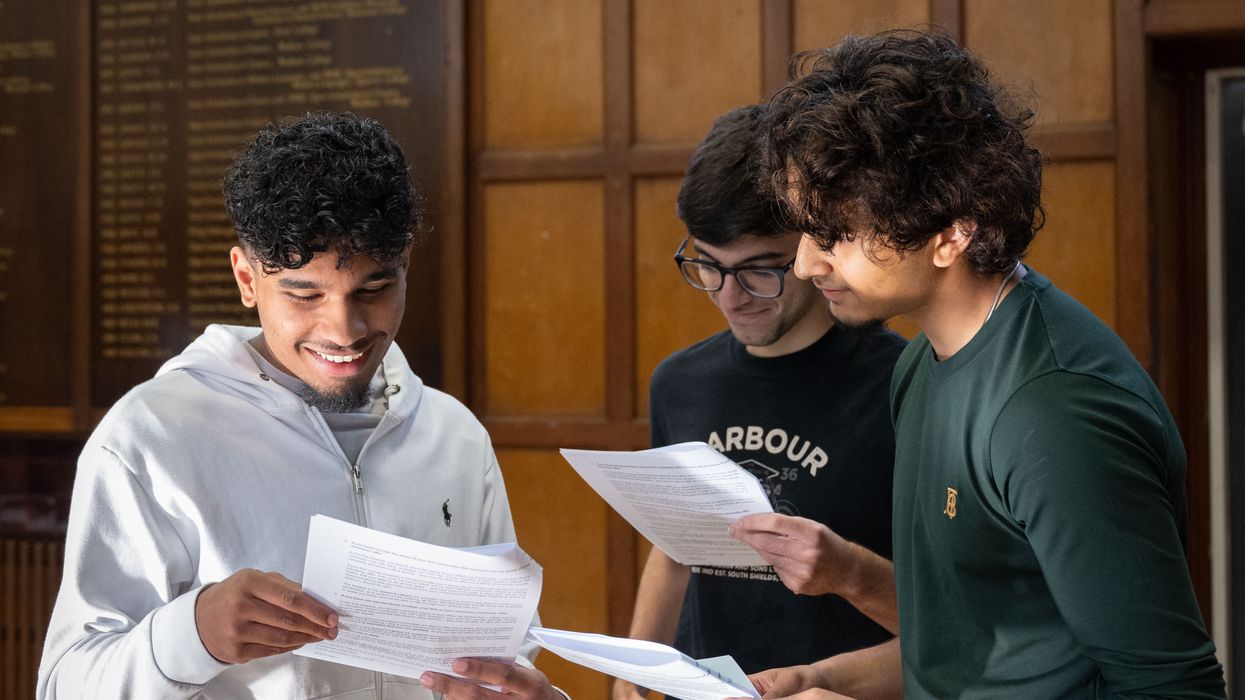
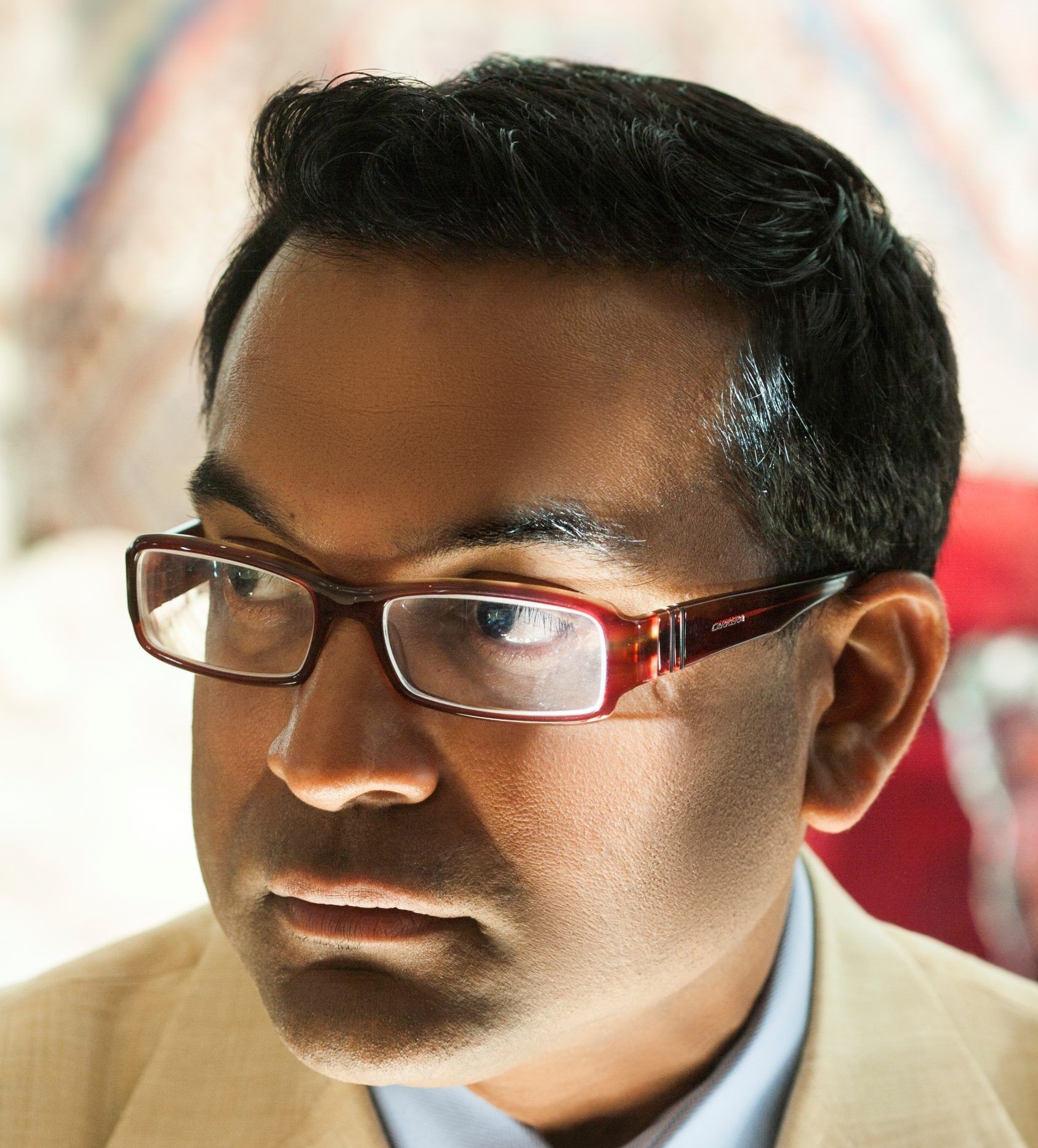 Peter Searle
Peter Searle
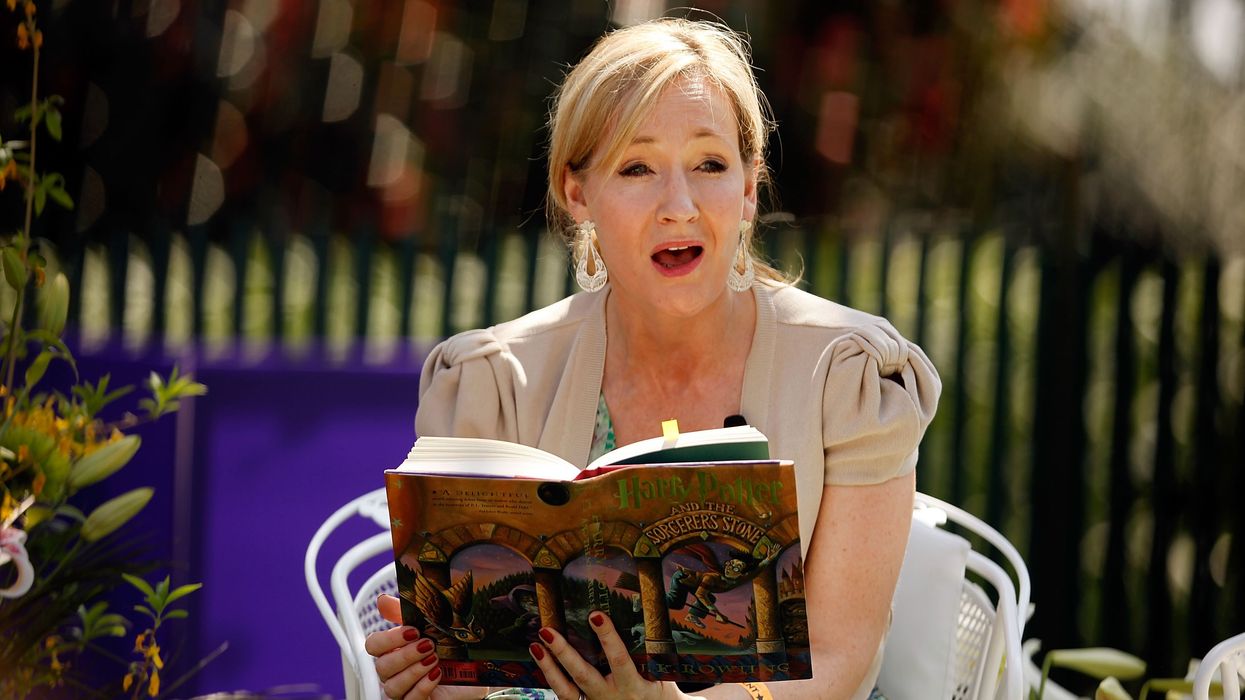
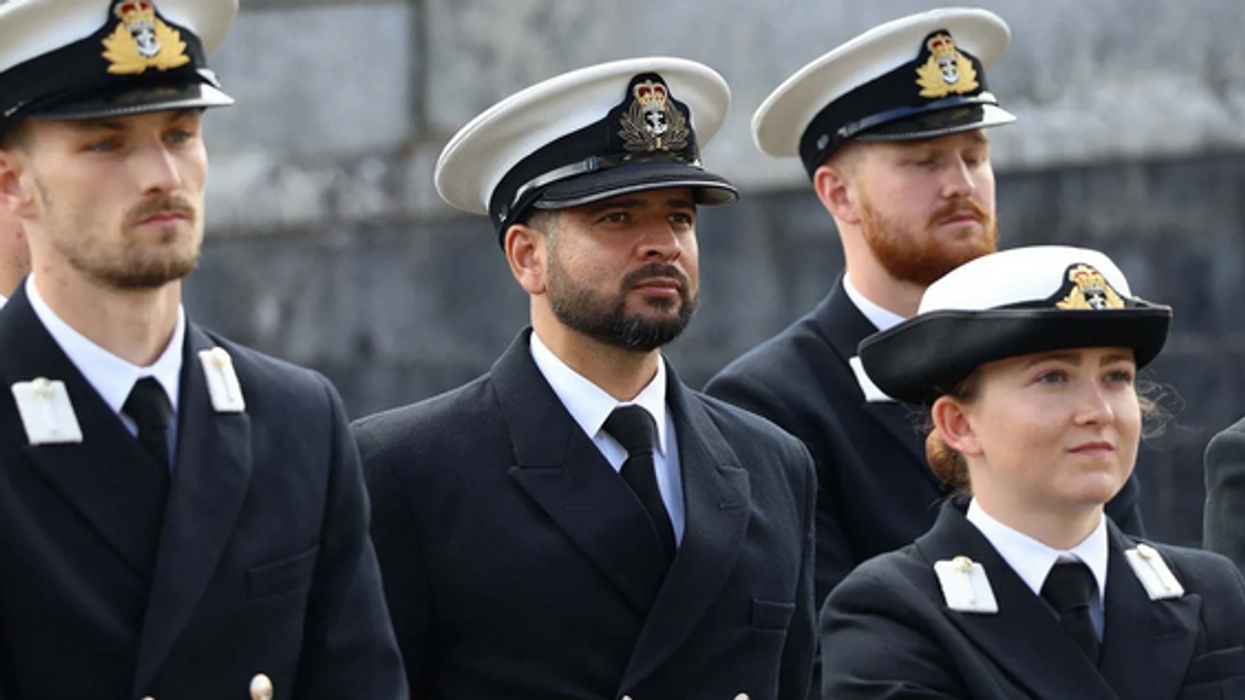
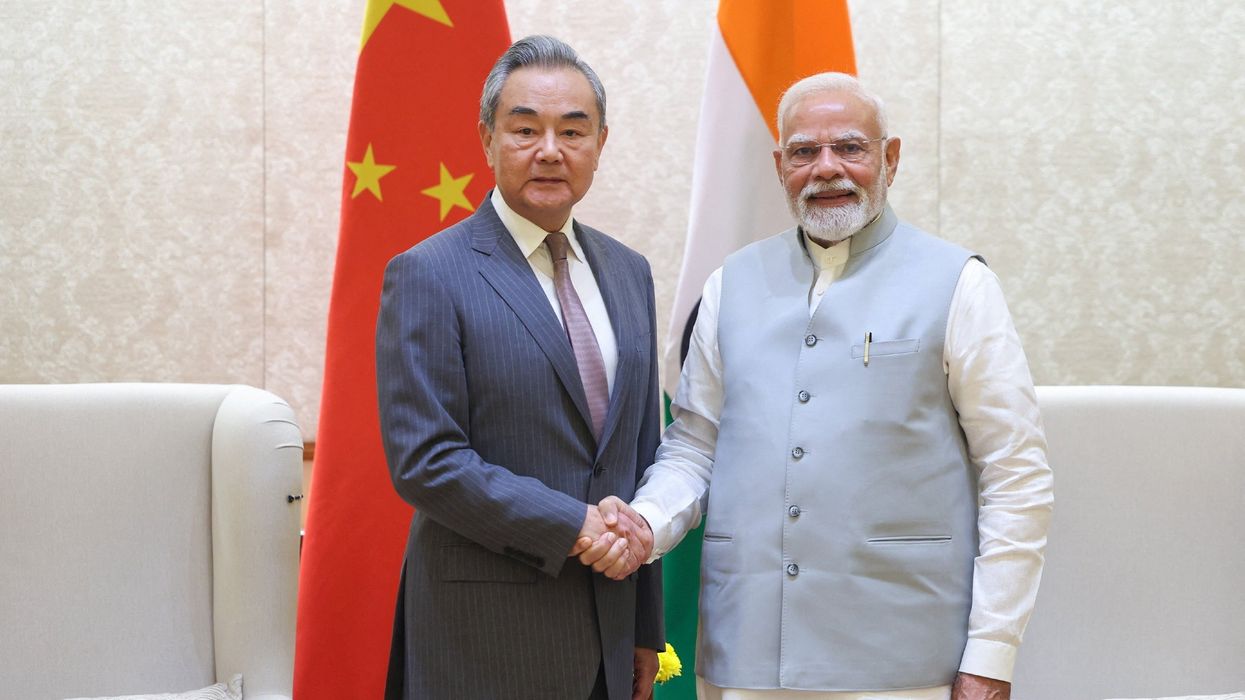
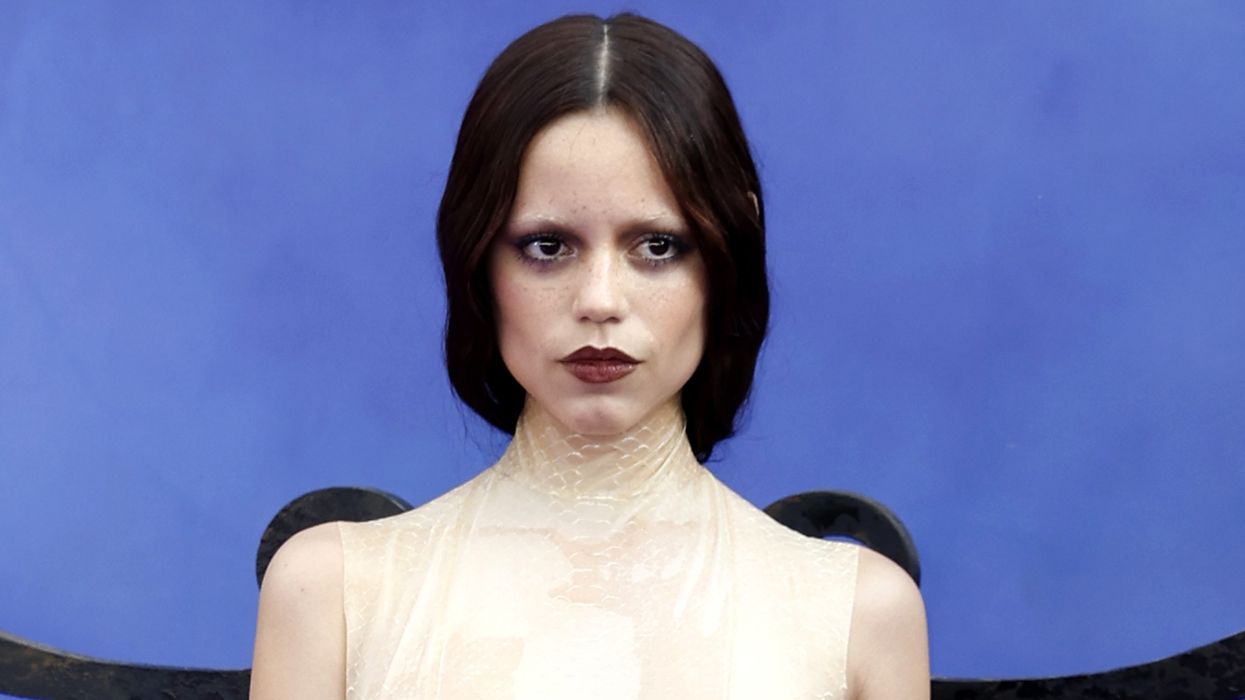
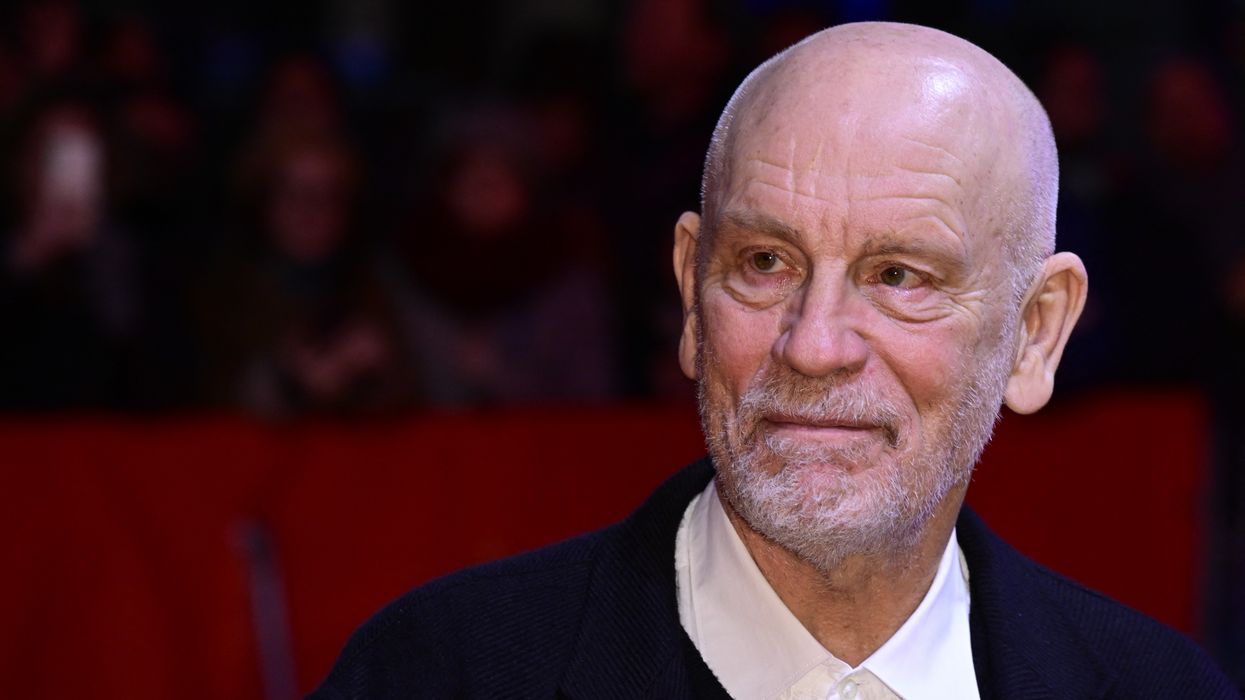
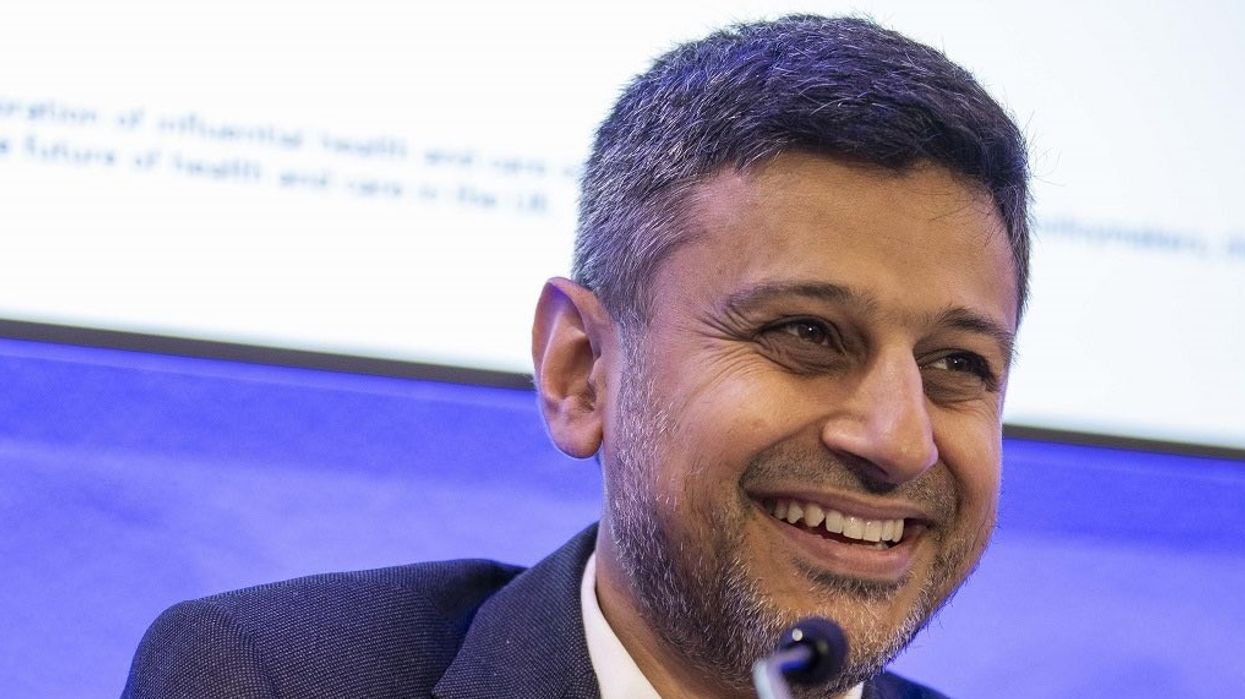

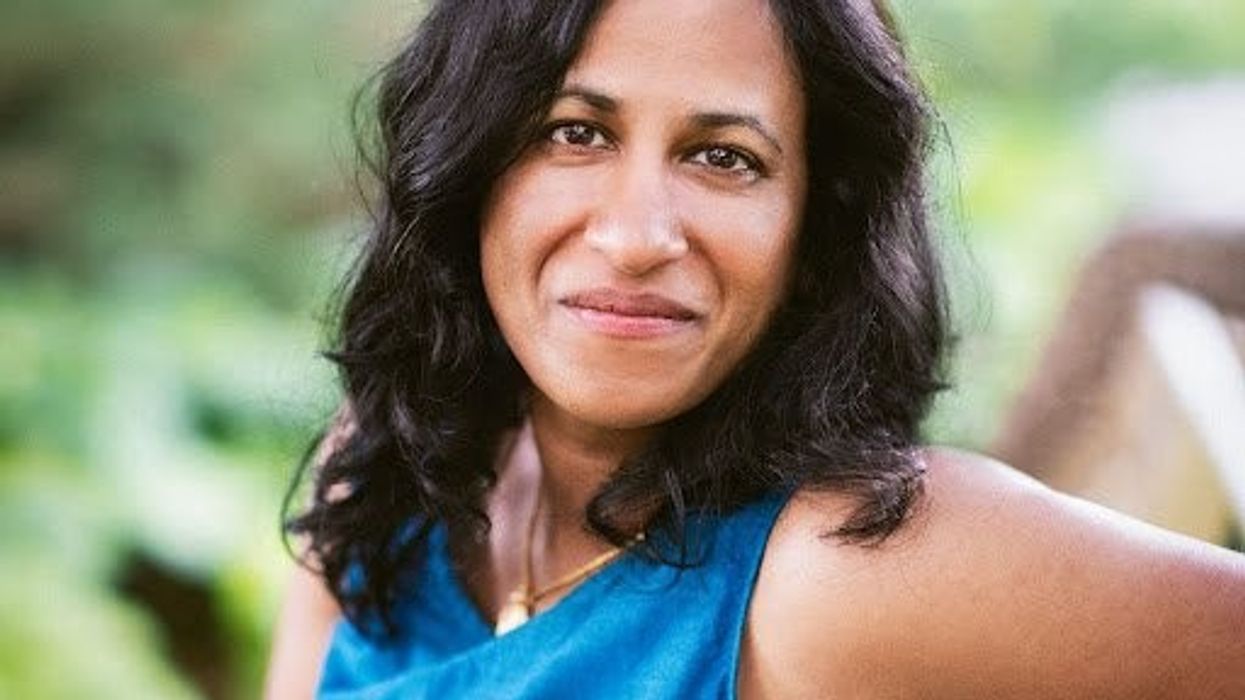
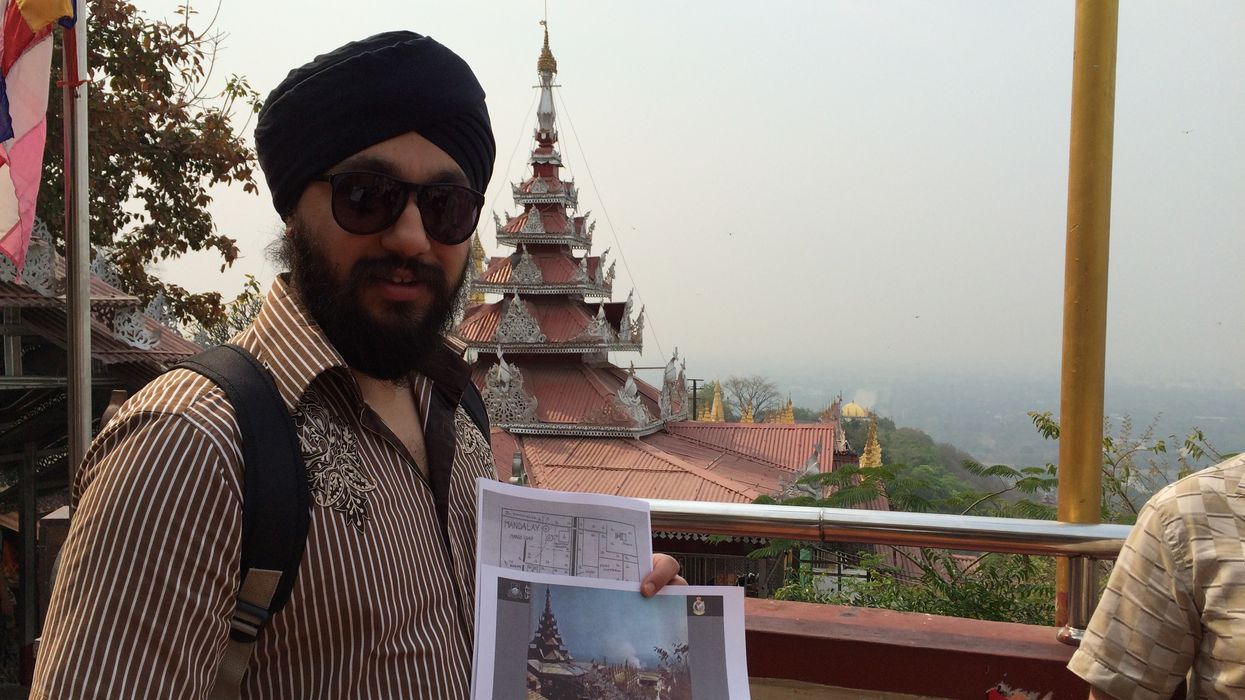
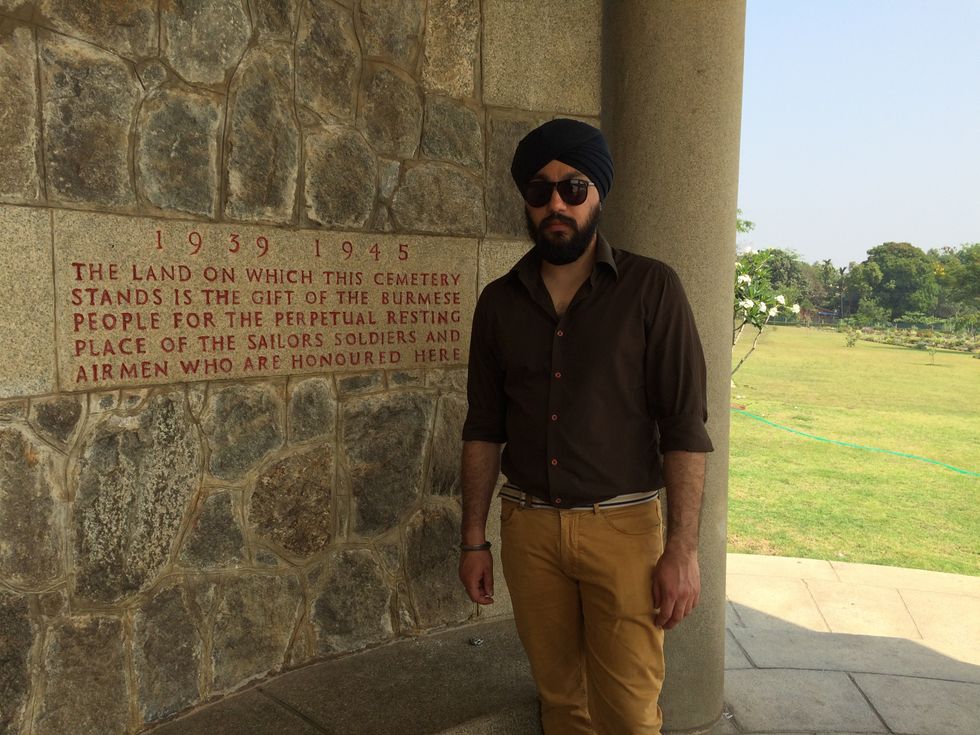 And, at Rangoon War Cemetery paying respects to those who fought to free Burma
And, at Rangoon War Cemetery paying respects to those who fought to free Burma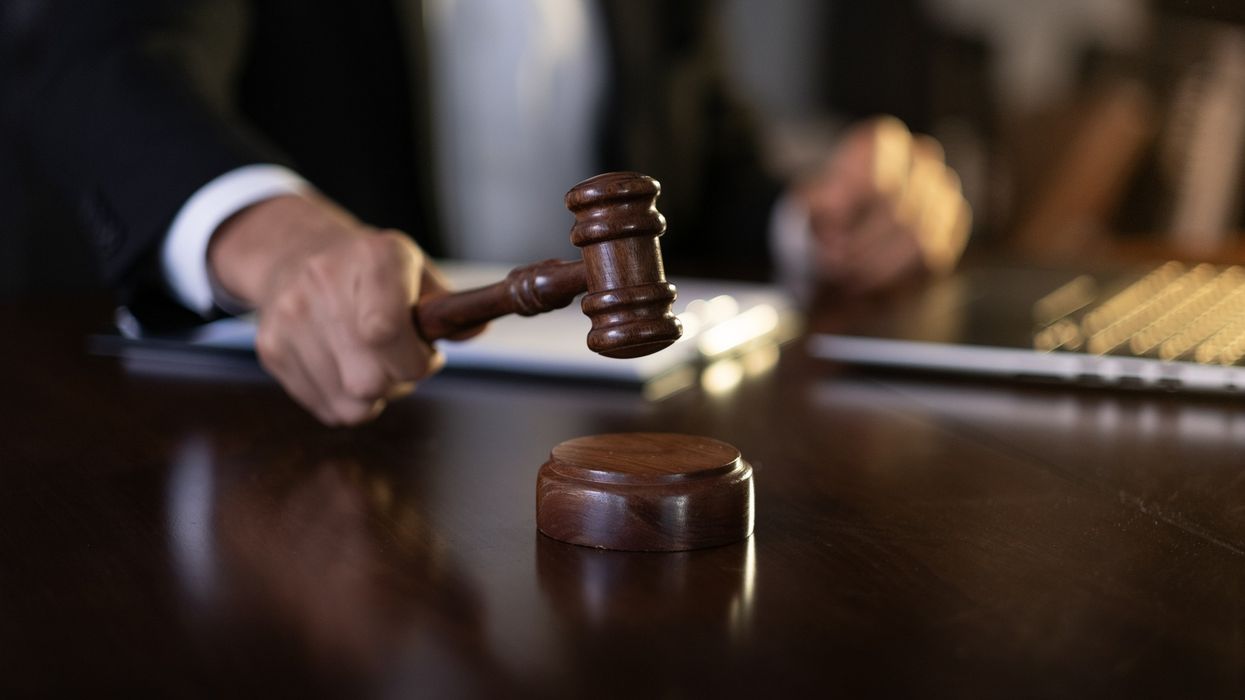
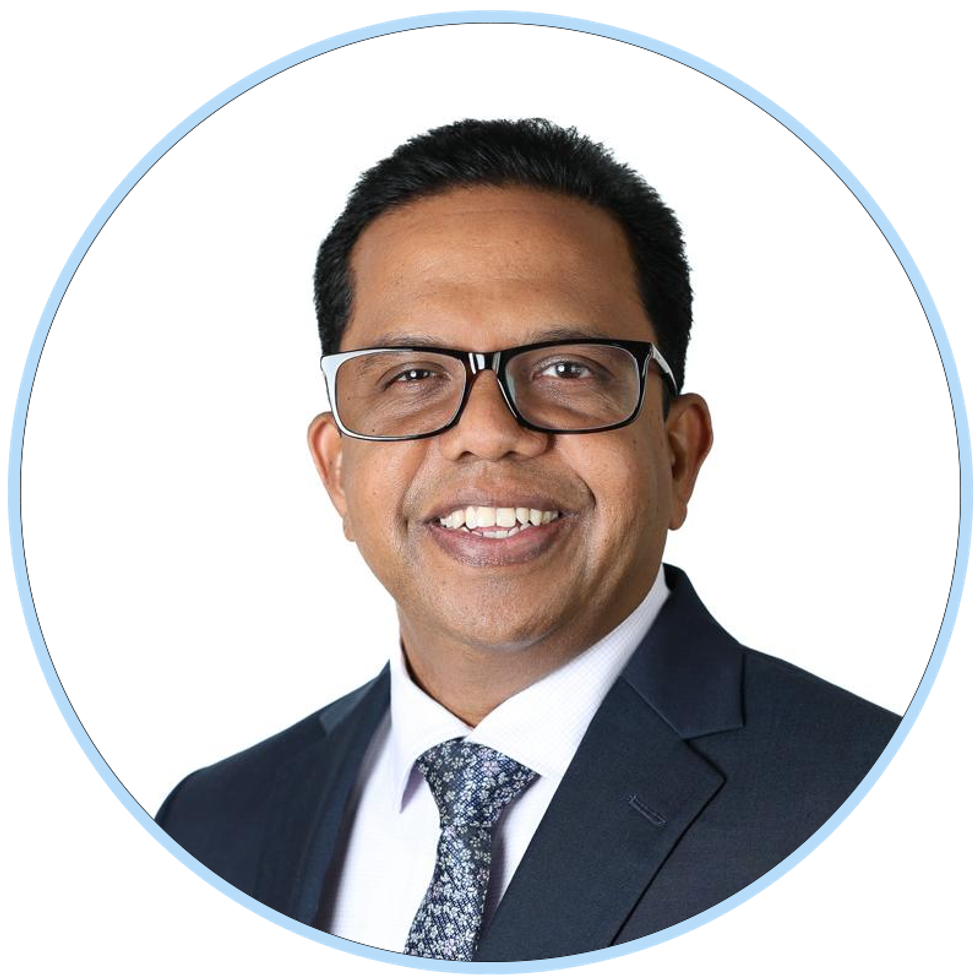
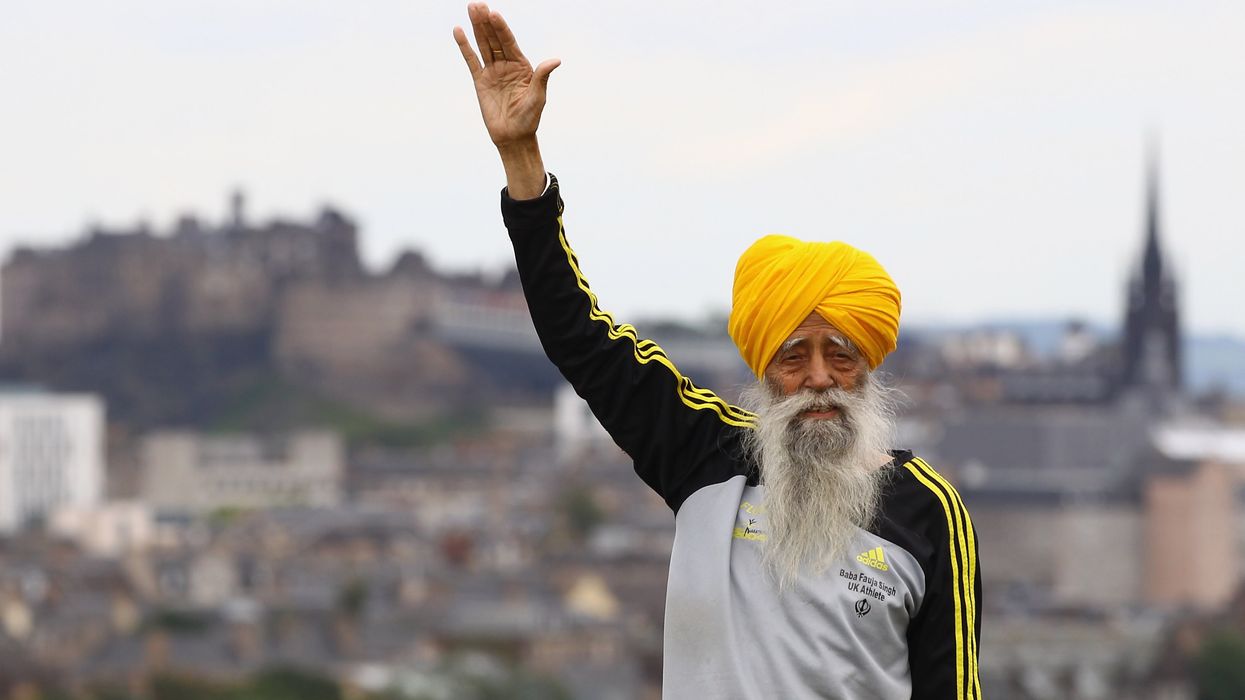
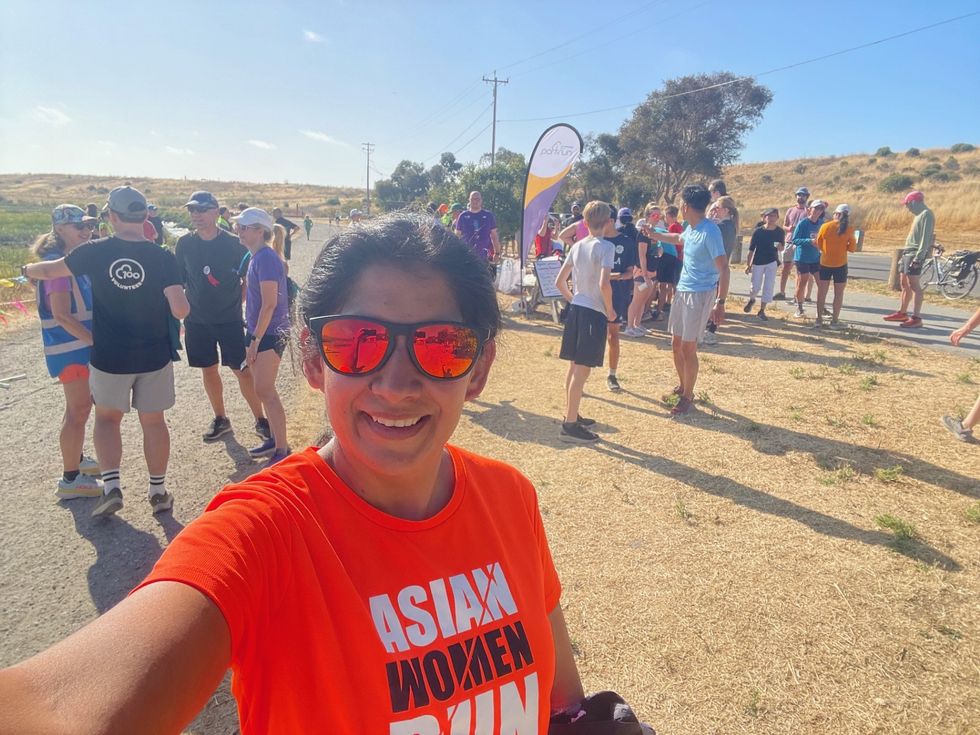 Minreet Kaur
Minreet Kaur 

Anurag Bajpayee's Gradiant: The water company tackling a global crisis